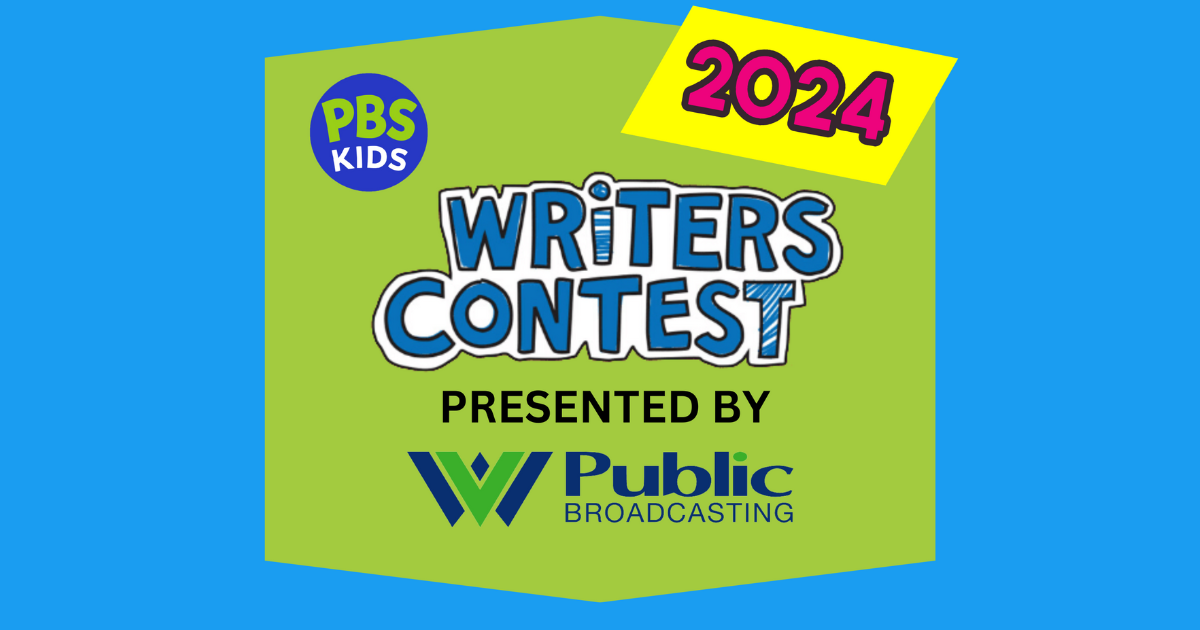Voting is underway for the West Virginia Literary Hall of Recognition, which seeks to honor lesser-known writers in the Mountain state. Bill Lynch spoke with grant writer Kandi Workman and Marshall University English professor Cat Pleska, who are overseeing the project.
Lynch: Let’s talk about this literary Hall of Recognition. Why this?
Workman: So, do you know how sometimes like grant funding, like if a grant is out there that can like stimulate a project, instead of being the other way around, you don’t always have the project in mind. It’s like, if a funding comes available, it’s like, hey, what if?
I had the opportunity last summer to apply for a $10,000 grant from Waymakers Collective because of where I’m with that group of folks.
And I had talked to Kat and a couple of other people at the West Virginia Writers Conference last year, and there was this idea floating around about a West Virginia Hall of Fame. When time came down to like, Hey, you have this opportunity to apply for this grant, I realized that, that I did not have the capacity to pursue something like a West Virginia Hall of Fame. That feels like that takes a more robust effort from a larger group of people to pursue something that needs to be merit based or prestige based.
And I don’t feel like I’m at the capacity, wasn’t at the capacity, to offer much to that at that time, but what I know a Waymakers Collective and what they value, and the folks that they’re trying to reach and bring into the fold of visibility and recognition and honor, and everybody is like equals and I thought, “well, I could do this trial project of a recognition project. How can we bring more visibility to writers?”
And then beyond that, what this is going to look like and what it has looked like is Cat and I was able to get a humanities grant to support Cat’s position, to help do a little bit of research about gathering up a diverse group of folks that we could reach out to for like for a round one –not a round one, like, step one/phase one of how do we even start to identify the diverse writers and authors in West Virginia?
And that came with a little bit of resistance because of the methodologies for that, which is, “who do you feel has not received the recognition they deserve?” When you… when it’s so broad, in that sense, that leaves a lot of questions. And that process wasn’t the most comfortable for everybody, but I had hoped that that would get us to at least a good number of folks that we could use to go into phase two, which was doing a participatory action.
Lynch: The nominations: Kind of maybe describe how that works.
Workman: The nominations: we did not put those on social media. So, that was a lot of one-to-one outreach. So, we sat together and culminated a list of potential folks or organizations that we could reach out to throughout West Virginia that included teachers of all different levels, bookstore owners, folks, all different kinds of backgrounds, and asked them if they wanted to nominate somebody based on the loose criteria that we had put out. So, we were able to get 24 nominees.
Pleska: I want to add that when we did the research, for who to send the original material asking for nominations, when I made the message to send that out, I said, “unrecognized or under-recognized literary individuals.” And I was keenly aware that of all the people, hundreds of people that I’ve sent it to, so many of them here in West Virginia, could very well be on that ballot. Because this is not a place that’s been easy to make known, you know, our literary figures and our literary artists.
Workman: It depends on the nominator’s interpretation of how they feel that person has been witnessed in their work.
Pleska: Kandi, You can explain the Waymakers grant, about that part.
Workman: We are calling it a voting guide, but a voting guide that has all the nominees within it. But what will happen from that and what the Waymakers Grant was written for was to support eight portraits to be produced of the nominees by the artist Sassa Wilkes and that these portraits will hang in the mezzanine of the up-and-coming Black Box Theater at the West Edge Factory.
Lynch: So, you’ve described what happens with the voting and the number of people who will be inducted and what happens once they’re inducted, which is the portraits, what comes after that?
Workman: That’s left up in the air, I would love for it to grow to be something that’s very community owned. And by that I mean like writers and authors owned.
Pleska: I’m just saying I’d like to add that this is in the former Corbin Limited building on Vernon Street and what was, you know, is Westmoreland, now part of Huntington. Corbin Limited was a garment factory that employed mostly women from 1957 to 2003.
So, it had a huge economic impact. It got up to a couple of thousand workers, of which 85 percent were women.
So, it is about, you know, not only working-class people, but women working class people, and it also was about diversity, but it’s a fabulous space.
Lynch: Voting. How did people vote and how long do they have to vote?
Workman: Well, as of now, folks have until the end of this month to vote. There’s a voting guide. So, if you go to the voting guide, there’s two sections that have links on that. But if you go to the Facebook page for the Literary Hall of Recognition, every post that’s made on there has the link
Lynch: Cat… Kandi. Thank you very much.
